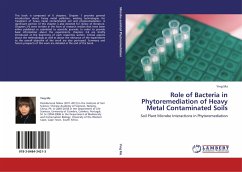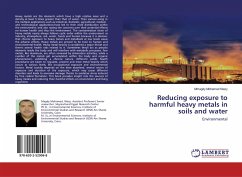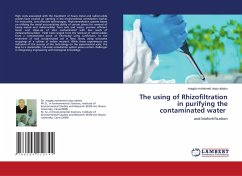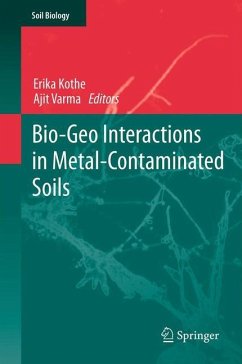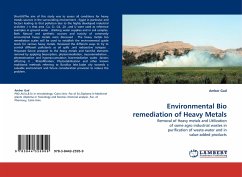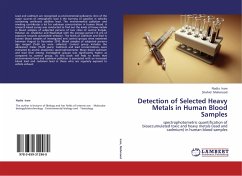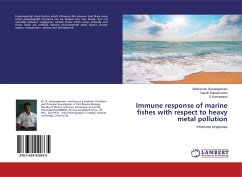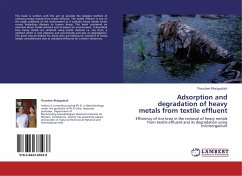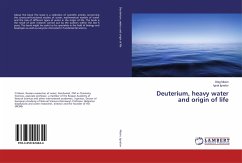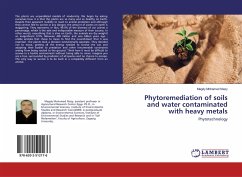
Phytoremediation of soils and water contaminated with heavy metals
Phytotechnology
Versandkostenfrei!
Versandfertig in 6-10 Tagen
27,99 €
inkl. MwSt.

PAYBACK Punkte
14 °P sammeln!
The plants are unparalleled models of modernity. We begin by asking ourselves how it is that the plants are so many and so healthy on Earth. Despite their apparent inability to react to animal predation and although they cannot flee to survive in any danger, the amount of plants on earth is staggering. They represent, in fact, 99.5% of the biomass of our planet a percentage, which is the sole and indisputable measure of their success. In other words, everything that is alive on Earth, the animals are (by weight) an insignificant 0.5%. Between 400 million and one billion years ago - unlike anim...
The plants are unparalleled models of modernity. We begin by asking ourselves how it is that the plants are so many and so healthy on Earth. Despite their apparent inability to react to animal predation and although they cannot flee to survive in any danger, the amount of plants on earth is staggering. They represent, in fact, 99.5% of the biomass of our planet a percentage, which is the sole and indisputable measure of their success. In other words, everything that is alive on Earth, the animals are (by weight) an insignificant 0.5%. Between 400 million and one billion years ago - unlike animals that chose to move to find the nourishment that it was essential - the plants took a decision evolutionarily opposite. They decided not to move, getting all the energy needed to survive the sun and adapting their bodies to predation and other innumerable constraints arising from being rooted to the ground. Think how it must be difficult to survive in a hostile environment without being able to move. Imagine you are a tree, surrounded by predators of all species and no chance to escape. The only way to survive is to be built in a completely different from an animal.



